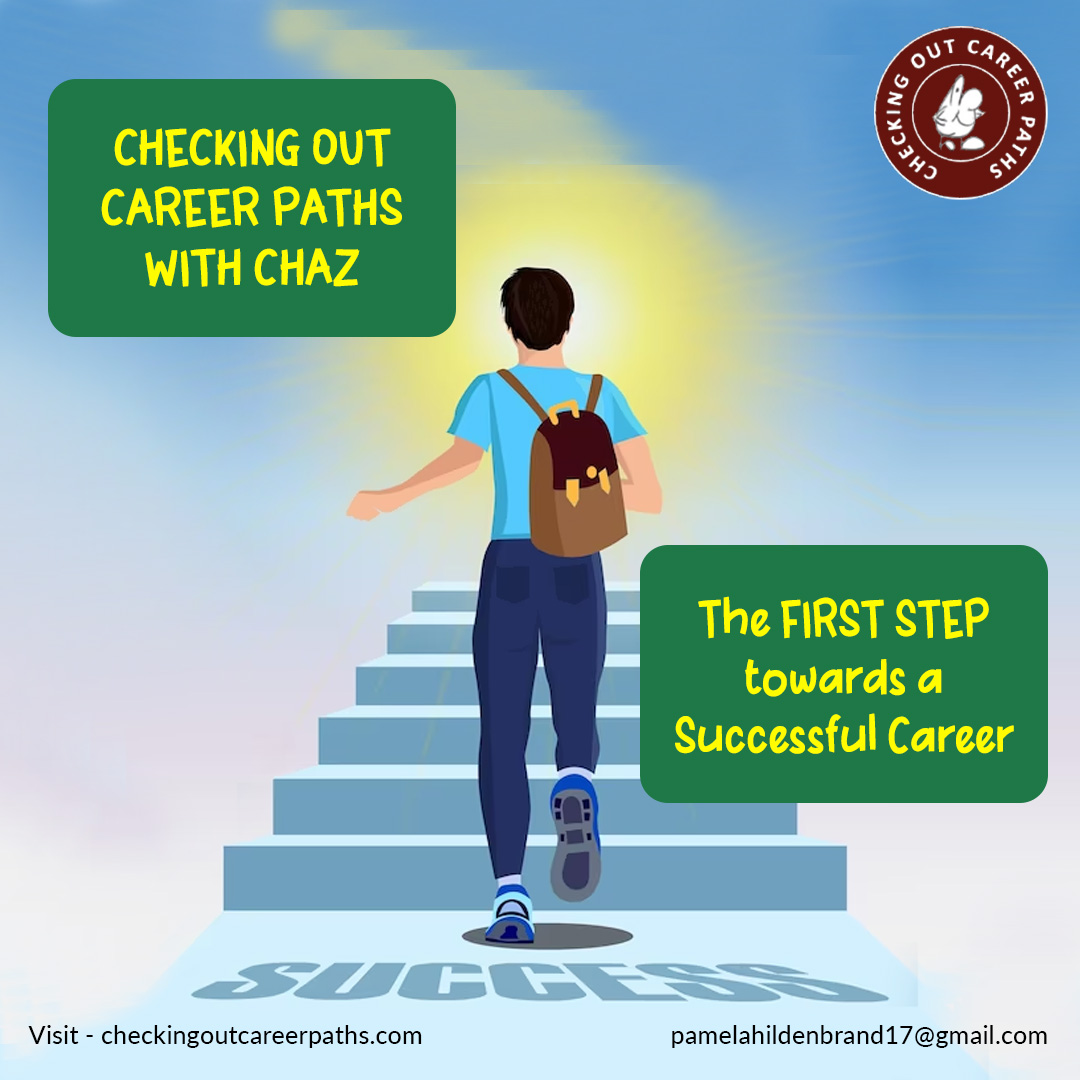High school career planning encompasses a student’s interests, the steps they take, and the resources they use to translate those factors into an eventual career choice. Career planning can involve high school elective courses, summer or part-time jobs, internships, and more. Education for a career in Oregon often becomes an unsolved problem for many high schoolers.
Students can start by identifying key preferences:
- Favorite subjects
- Clubs and activities they enjoy and why
- Issues they care about
- Financial goals
- Other major life goals
Gaining Experience in a Career Field
Students receive plenty of theoretical knowledge in high school. That knowledge should be matched with high-quality, practical experience. Research on this matter lists several ways students can gain valuable, real-world experience while planning for a future career:
Internships
These combined learning and work experiences may be paid or unpaid and completed for course credit or independently. A hallmark of a valuable internship is a real-world sampling of what to expect in a particular job or career field.
- Summer or Part-Time Jobs
The BLS found that teenagers and young adults work in summer or part-time jobs in many industries, from leisure and hospitality (25% of those surveyed) and retail (19%) to manufacturing (7%) and construction (4%). This is an excellent way for students to “try on” jobs and potential careers while gaining valuable experience and skills.
- Other High School Career Planning Activities
Schools offer a plethora of teams, clubs, and activities that help students engage in future career planning. Some student organizations, like Future Business Leaders of America, are expressly set up to help students develop career readiness skills. Students may also volunteer at a house of worship or non-profit organization, gaining valuable experience while giving back to the community. Some schools require volunteer work for graduation due to the many benefits for students.
Career Planning is equivalent to Career Training.
Preparation is essential to any serious career planning process. High school students successfully train for future careers with appropriate high school coursework. School counselors can help students avoid future remedial coursework by assisting them in setting realistic goals based on the educational requirements and skills needed by prospective employers. Education for a career in Oregon can thus be more fruitful for them.
Students can begin their formal career training process by developing important personal commitments and seeking advice:
- Commit to completing all school assignments on time
- Talk with adults about what they like (and don’t like) about their careers
- Discuss future career plans with parents/caregivers and school counselors, and consider the advice
Some students may benefit from more rigorous career-based programs, such as those provided by vocational/career centers. Nearly 75% of high school students who don’t attend college enter the workforce after graduation. These students may benefit more from educational programming geared toward career planning and career training than some of their peers.
Other students may see the military as an option. After graduation, students who enter the military receive valuable job training that can lead to industry certifications and possible career paths following their service.
Checking Out Career Paths with Chaz is the most crucial thing that high school students need at this point in their lives. This tool can guide students to understand which career path is right for them and also what learning, training, or courses need to be undertaken to follow that particular career path. With the help of Checking Out Career Paths with Chaz, career guidance no longer remains a mystery for high schoolers. Visit https://checkingoutcareerpaths.com/ to discover more!

